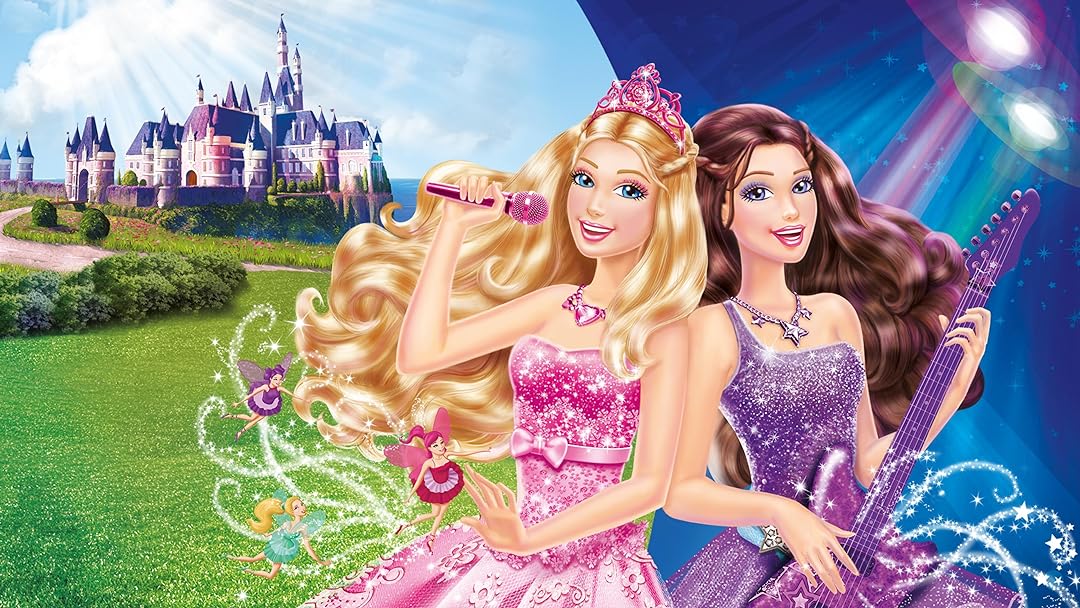In the ever-changing landscape of the music industry, the role of the pop star has evolved dramatically. The modern pop star is no longer just a singer or performer; they are a brand, an influencer, and a digital content creator. This transformation has been driven by technological advancements, changes in consumer behavior, and the rise of social media. This article explores the evolution of the modern pop star, the challenges they face, and the impact they have on popular culture.
The Rise of the Modern Pop Star
The concept of the pop star has its roots in the mid-20th century, with icons like Elvis Presley and The Beatles captivating global audiences. These early pop stars set the stage for the explosion of pop music in the 1980s and 1990s, with artists like Michael Jackson, Madonna, and Whitney Houston dominating the charts. During this period, television and radio were the primary platforms for reaching audiences, and music videos became a powerful tool for visual storytelling.
However, the turn of the 21st century brought about a seismic shift in the music industry. The advent of the internet, coupled with the proliferation of digital devices, fundamentally changed how music was consumed. The rise of platforms like iTunes, Spotify, and YouTube democratized music distribution, allowing artists to reach global audiences without the need for traditional gatekeepers like record labels.
The Digital Revolution and Social Media
One of the most significant factors in the evolution of the modern pop star is the rise of social media. Platforms like Instagram, Twitter, Tikor, and Snapchat have given artists unprecedented direct access to their fans. This shift has transformed the way pop stars interact with their audience, allowing for real-time engagement and a more personal connection.
Social media has also given rise to a new breed of pop stars who have built their careers primarily through these platforms. Artists like Justin Bieber, Shawn Mendes, and Billie Eilis gained early recognition by posting videos on YouTube and Vine. Similarly, Tikor has become a launching pad for many emerging artists, with viral challenges and trends propelling songs to global popularity.
Branding and Multidimensional Careers
The modern pop star is not just a musician; they are a multifaceted brand. This branding extends beyond music to include fashion, endorsements, and personal ventures. Rihanna, for example, has successfully transitioned from a pop star to a fashion and beauty mogul with her Fenty brand. Similarly, artists like Beyoncé and Lady Gaga have ventured into film, fashion, and philanthropy, expanding their influence and income streams.
This diversification is essential in an era where revenue from traditional music sales has declined. Streaming services have become the primary source of music consumption, but the financial returns from streaming are often lower than physical sales. As a result, pop stars increasingly rely on tours, merchandise, endorsements, and entrepreneurial ventures to sustain their careers.
The Challenges of Fame
While the digital age has brought new opportunities, it has also introduced unique challenges for modern pop stars. The constant scrutiny of social media can be overwhelming, with every aspect of their lives subject to public commentary. This level of exposure can lead to significant mental health challenges, as seen with artists like Selena Gomez and Demi Lovato, who have been open about their struggles with anxiety and depression.
The pressure to maintain a perfect image can also be daunting. Social media algorithms often favor curated, polished content, which can create unrealistic expectations for both the stars and their fans. This environment can lead to a sense of isolation and the need for constant validation through likes, comments, and followers.
Cultural Impact and Responsibility
Despite these challenges, modern pop stars wield significant cultural influence. They have the power to shape trends, influence public opinion, and bring attention to important social issues. Artists like Taylor Swift, Beyoncé, and Harry Styles have used their platforms to advocate for causes such as gender equality, LGBTQ+ rights, and racial justice.
This influence comes with a responsibility to use their platform wisely. The actions and statements of pop stars can have far-reaching consequences, and they are often held to high standards by their fans and the public. Navigating this responsibility requires a delicate balance between authenticity and awareness of their impact.
The Future of Pop Stardom
As technology continues to evolve, so too will the role of the pop star. Virtual reality (VR) and augmented reality (AR) are poised to revolutionize live performances, creating immersive experiences that were previously unimaginable. Additionally, the rise of blockchain technology and non-fungible tokens (NFTs) presents new opportunities for artists to monetize their work and connect with fans in innovative ways.
The modern pop star is a product of the digital age, shaped by technological advancements and the ever-changing preferences of audiences. They are more than just musicians; they are cultural icons, entrepreneurs, and influencers. While the challenges of fame are significant, the opportunities for creativity and impact are boundless. As the music industry continues to evolve, so too will the pop stars who define it, continually pushing the boundaries of what it means to be a global icon.
